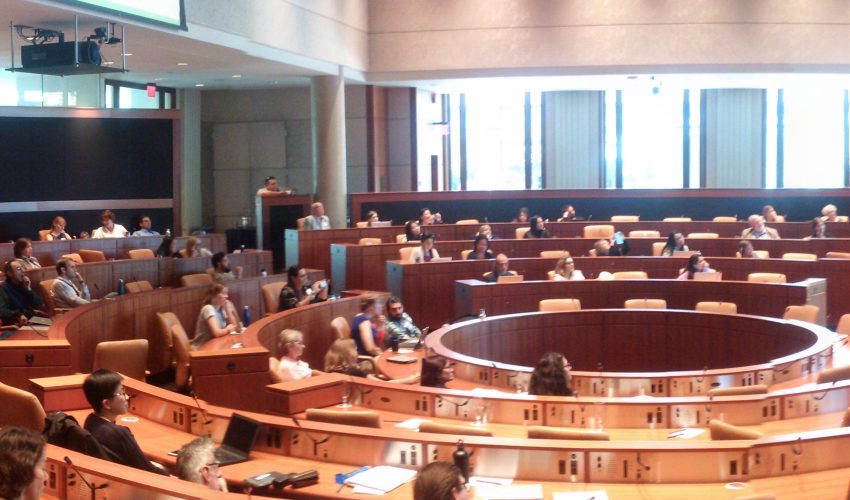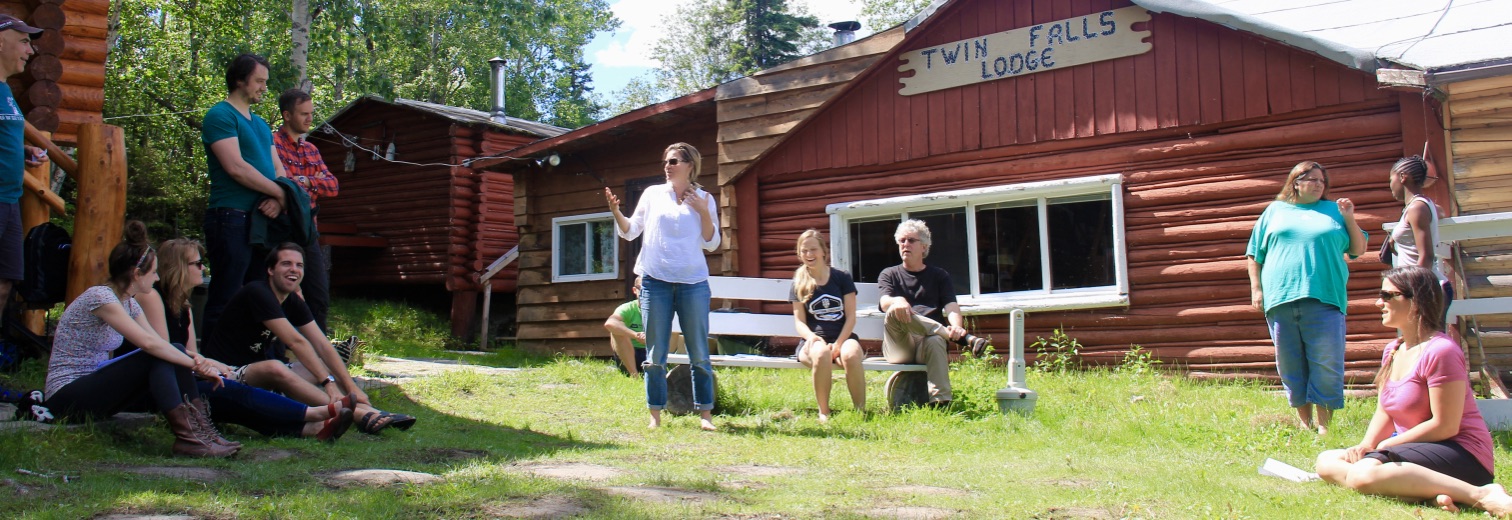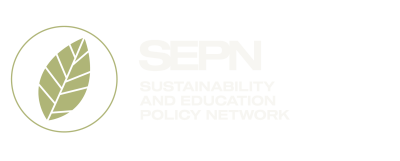
The Sustainability and Education Policy Network (SEPN) is an internationally recognized leader in sustainability and climate change education policy research.
Climate change, new environmental technologies, and energy and water sustainability are cultural and political challenges, not just technical issues. Solving our human-environment challenges requires integrated solutions that require citizens to be informed about environmental issues and motivated to make change.
Given mounting public support for mitigating the effects of climate change, education sectors in nations throughout the world will be increasingly expected to align policy to address sustainability challenges.
However, little is known about how education systems are – and could be – influencing sustainability and climate action. Existing research on sustainability policy and practice in education is scarce, uncoordinated, and regional.
SEPN, an international network of researchers and organizations advancing sustainability in education policy and practice, emerged in response to these knowledge gaps. The network was established with $3 million in funding from the Canadian Social Sciences and Humanities Research Council (SSHRC) and generous funding from our partners.
Background
SEPN specializes in research-based partnerships, with a focus on supporting research-informed policy making. Our approach provides researchers and policy makers with a framework to effectively collaborate on policy research to increased engagement with sustainability and climate change in education in policy and practice.
In 2012, our flagship project, SEPN-Canada began SEPN began a large-scale, cross-national examination of sustainability policies and practices being developed, implemented, and experienced in Canadian primary, secondary, and post-secondary education contexts. Since then, SEPN has expanded its research internationally, including through the Monitoring and Evaluating Climate Communication and Education (MECCE) Project and several UNESCO-commissioned studies.


Vision & Approach
SEPN’s vision is to achieve impact through research-based partnerships between researchers, organizations, and policy partners. As a global consortium, SEPN supports research-informed policy making by undertaking collaborative, rigorous, and comparative policy research, that enables deeper responses to sustainability and climate issues through education. Our partnership approach:
- Undertakes comparative and interdisciplinary research on sustainability in education policy at regional, national, and international levels
- Focuses on people and relationships, with integrated partnerships among researchers, organizations, and policy partners
- Maximizes two-way knowledge flows between researchers and non-academic partners and collaborators
- Mobilizes research-informed outputs and processes with diverse stakeholders and decision-makers for impact throughout education systems
- Shares a dual focus on contributing to research literature in a range of disciplinary fields and having an applied impact on education policy and practice
Key Projects
The MECCE Project conceptualizes CCE as going beyond increasing scientific literacy to also engage psychosocial and action dimensions necessary for catalyzing change across each of three spheres of transformation:
Monitoring and Evaluating Climate Communication and Education Project is an international partnership working to increase the quality and quantity of climate change education globally.
This network ethnography explores the hows, wheres, and whys of the influences on actors involved with global climate change policy.
This collaboration with the North American Association for Environmental Education (NAAEE) is examining engagement with climate change in primary, secondary, and nonformal education in the US.
Canadian Landscape Analysis
Our flagship project explored uptake of sustainability in education policy and practice across primary, secondary, and higher education in Canada.
A series of consultancies is providing insight into how countries are advancing holistic approaches to transformational learning through Education for Sustainable Development, Global Citizenship Education, and Climate Change Education.

